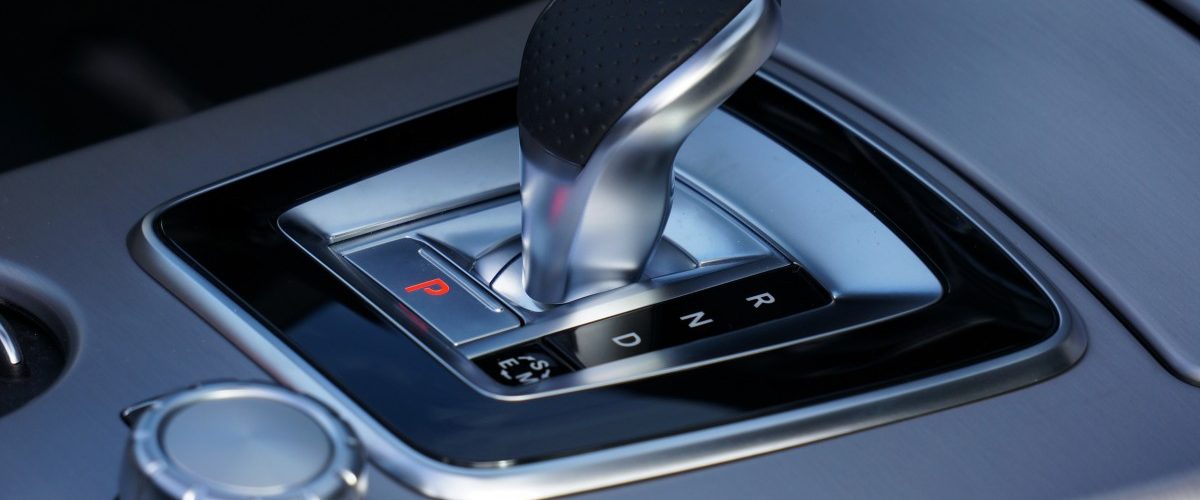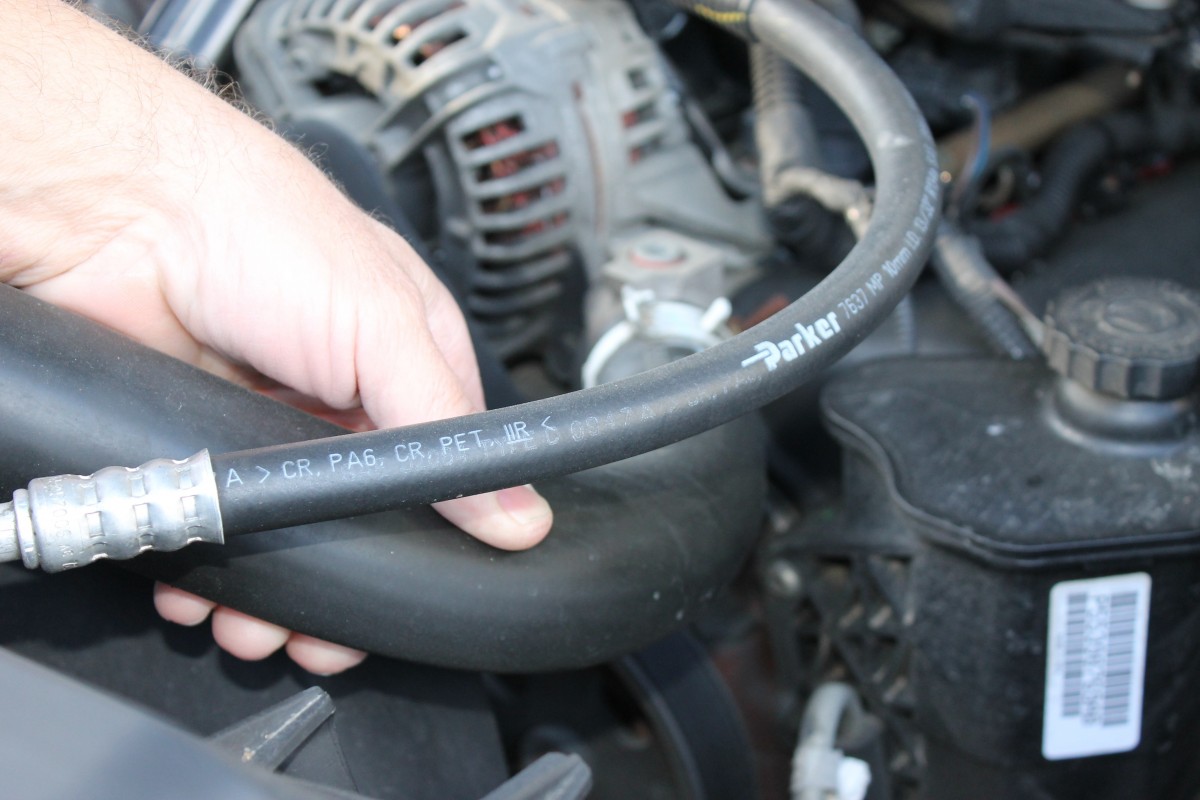Civil unrest and adjusted Level 4 lockdown had a negative effect on car sales during the month of July 2021. Lebogang Gaoaketse, Head of Marketing and Communication at WesBank gives us the break down
The momentum being gathered in South Africa’s new vehicle sales recovery was given a harsh blow during July as civil protests tore through large parts of the country. In addition, the majority of the sales month was spent in adjusted Level 4 lockdown and the ongoing impact of stock shortages was exacerbated by disruptions in the logistics chain at ports.
July brought the fragility of the motor industry back into stark focus.
– Lebogang Gaoaketse, Head of Marketing and Communication at WesBank
“July brought the fragility of the motor industry back into stark focus,” says Lebogang Gaoaketse, Head of Marketing and Communication at WesBank. “Not only did the month bring physical impacts, but the resulting consequences in business and consumer confidence will continue to challenge the industry’s recovery for months to come. Once again, the industry’s resilience is being put to the test.”

WesBank remains optimistic, however, for the industry’s continued recovery. “Rejuvenation of rental fleets, progress in the country’s vaccination rollout programme and revitalisation of the economy in general will all contribute towards building the South African motor industry,” says Gaoaketse. “The industry needs to remain focused on delivery and the inevitable demand that will rise in the medium term.”
Although July sales recorded 1.7% growth year-on-year to 32,949 units according to naamsa | the Automotive Business Council, the month declined 13.6% compared to June sales. WesBank says the market experience was reflected in demand, with the bank’s application rate comparatively slower.
While the country encountered yet another speed bump during July, there are many reasons to believe in the continued recovery of the market.
– – LEBOGANG GAOAKETSE, HEAD OF MARKETING AND COMMUNICATION AT WESBANK
The passenger car segment grew 9.1% year-on-year to 20,575 units but that was a far cry from the 24,497 units sold in June. The real effects of consumer confidence can be seen in the dealer channel sales, down 1.1% year-on-year and significantly worse off (-15.8%) than June.
Light Commercial Vehicle (LCV) sales hurt even more, down 8.1% at 10,266 compared to 11,165 in July last year. Sales through the showroom floor also got dealt a 9.8% knock and the picture compared to last month’s sales, was significantly worse.
“While the country encountered yet another speed bump during July, there are many reasons to believe in the continued recovery of the market,” says Gaoaketse. “Low interest rates, the return of adjusted Level 3 lockdown regulations, and some improvement to civil stability will provide a good basis for the industry’s determination to once again shine through.”






